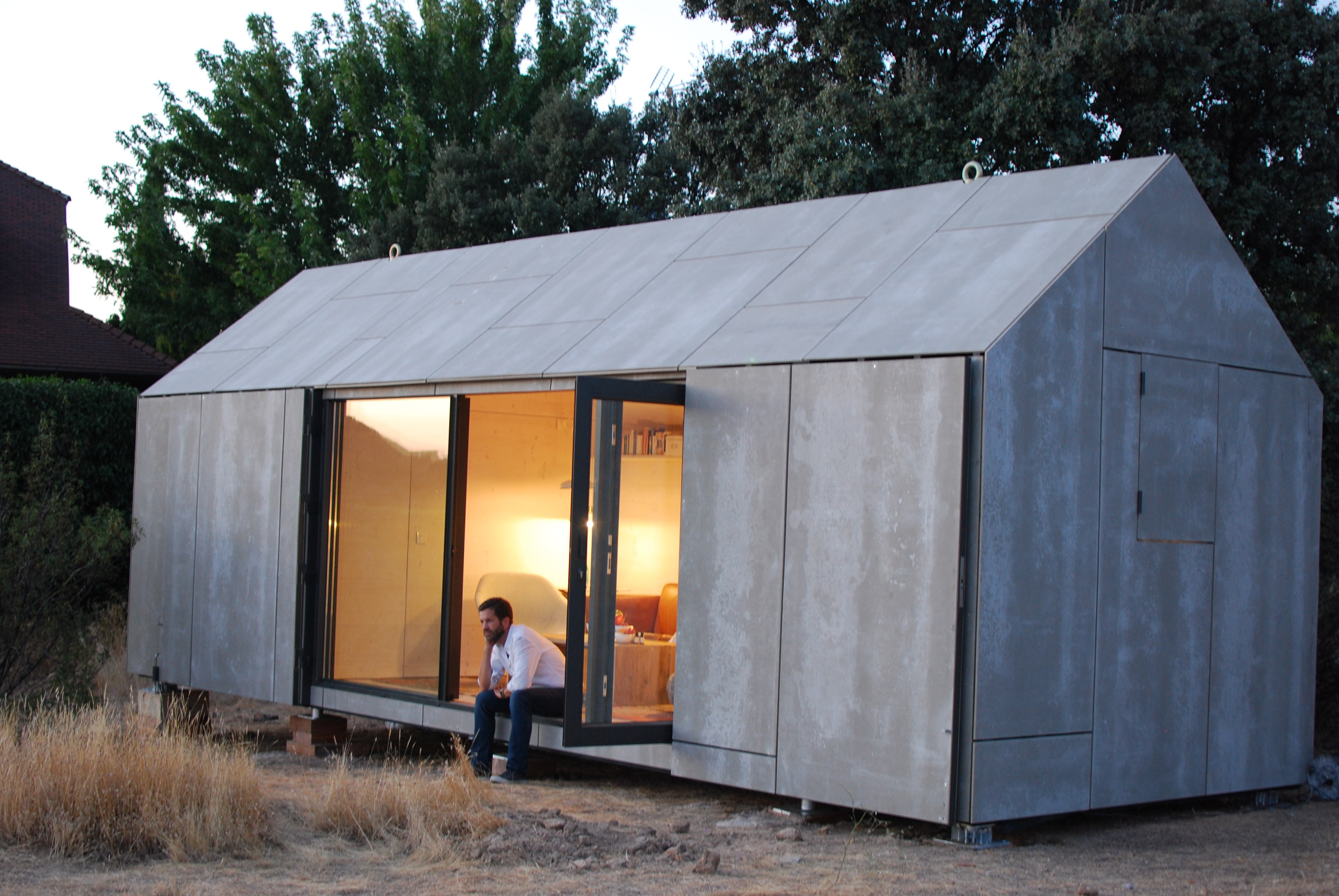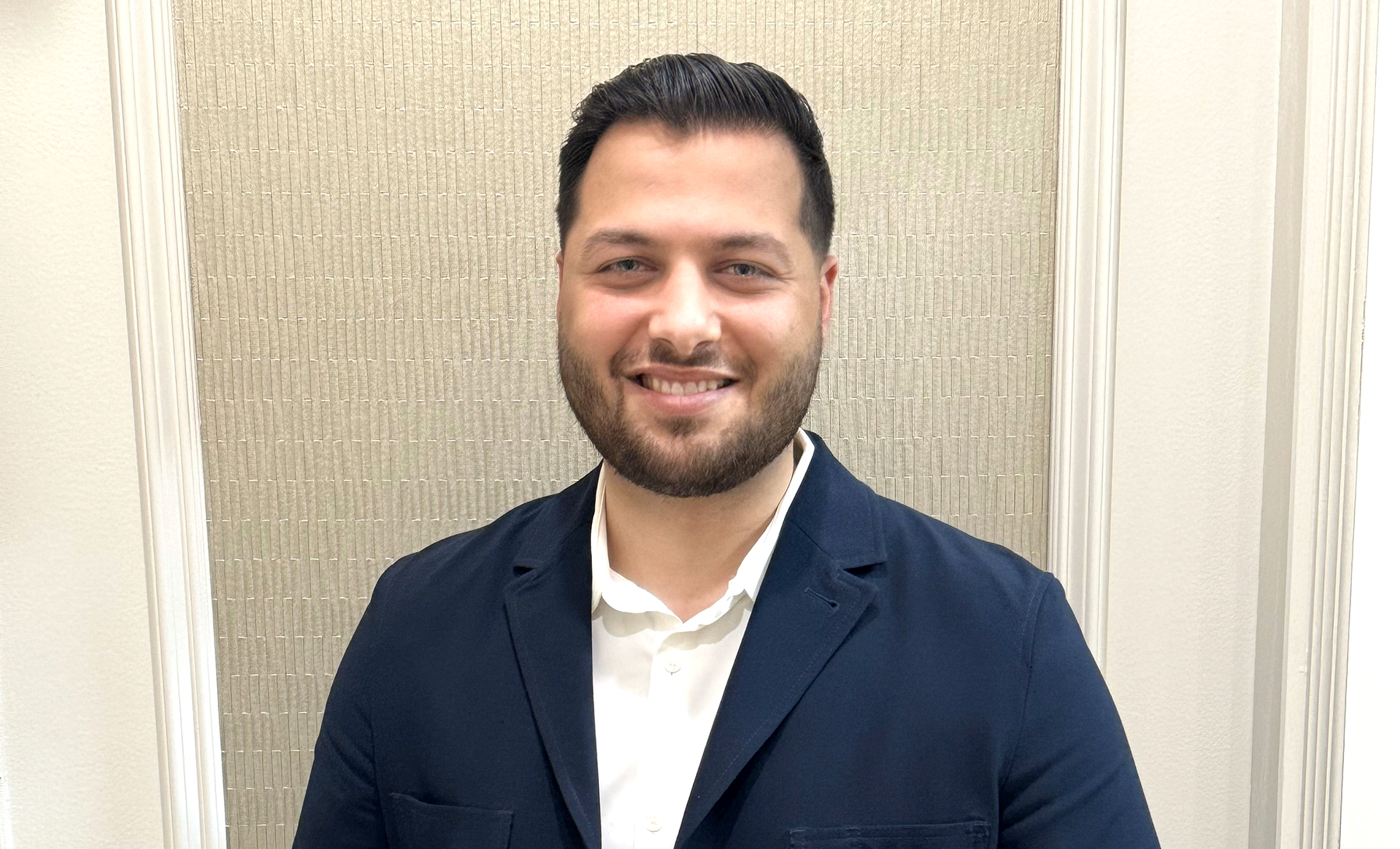Nashville Treatment of Muslims is 21st-Century Disgrace
By Beverly Keel
Editor’s note: Nashville native Beverly Keel is a longtime journalist and professor; reach her atbeverlyjkeel@gmail.com. Her opinions are her own.
 ATLANTA – As I toured the National Center for Civil & Human Rights on Wednesday, it made me think of Middle Tennessee. Several of Nashville’s prominent young civil rights leaders, including John Lewis, Bernard Lafayette and Diane Nash, were well represented. But instead of dwelling on the Nashville of the 1960s, I kept flashing to Middle Tennessee’s treatment of Muslims today.
ATLANTA – As I toured the National Center for Civil & Human Rights on Wednesday, it made me think of Middle Tennessee. Several of Nashville’s prominent young civil rights leaders, including John Lewis, Bernard Lafayette and Diane Nash, were well represented. But instead of dwelling on the Nashville of the 1960s, I kept flashing to Middle Tennessee’s treatment of Muslims today.
The stain of blood and sin from some of the most shameful chapters in our city’s history may have faded, but a dark new spot of hatred is spreading and threatening to disgrace our city’s soul and public face, and it must be stopped.
The fight for civil rights isn’t a thing of the past to be taught to children every February; indeed, it is an urgent issue that needs to be addressed by political, business and civic leaders, as well as those who consider themselves Christians. Not only is it crucial to our city’s reputation, it’s the right thing to do. We must stop hating what we don’t understand.
The new museum features a powerful exhibit on the 1963 bombing of a Birmingham, Ala., church that killed four girls. As I looked at the wooden remnants symbolizing the destruction, I was reminded of the vandalism of the Al-Farooq mosque in South Nashville and the arson and vandalism of the Islamic Center of Murfreesboro. The second vandalism at the Al-Farooq mosque was one of the worst moments for Muslim activist Remziya Suleyman.
“The kids were coming in from school and they couldn’t understand what had happened,” she says. “They asked me, ‘Why do they hate us?’ That was the most difficult conversation that I think I’ve ever had.”
As I was reading historical summaries of voters’ rights issues, I recalled a conversation with Suleyman after she led a group of Muslim women to vote on Saturday at a poll near Hickory Hollow Mall, where they were received coldly by voters and poll workers alike. “The women came back and said, ‘We didn’t feel comfortable there. We didn’t feel welcome.’” This happened in Nashville, in 2014.
Earlier this fall, Suleyman was called by Muslim parents who were upset because a public high school principal told their daughter that she either had to wear her hijab, or headscarf, tighter, or remove it. The girl, who had just begun wearing the hijab as a sign of modesty and commitment to God, decided to stop wearing it. This happened, in Nashville, in 2014.
One of the most powerful multimedia displays allows Atlanta museum visitors to sit at a makeshift lunch counter to see how long they could tolerate the verbal and physical threats that young people endured while fighting for desegregation.
While the methods may have changed in 50 years, the hatred and abuse haven’t. Suleyman receives so many death threats that she doesn’t travel to some parts of the state alone, and must have security at all of her events. The 29-year-old has been called a terrorist, as well as names this newspaper cannot print, and been told to return from whence she came. This happened in Nashville, in 2014.
Just as the museum videos capture the determination of the Freedom Riders, who signed their wills before embarking on a policy-changing Southern bus ride, Suleyman has been prepared to give her life for her cause. “Several times my mom has said, ‘I fear every day the moment you walk out the door you won’t come back home alive.’ Those moments make it a little challenging, but at the end of the day, I believe God is watching over me. I know what I am called to do, and if I am to die today, I want to know that I went in a way where I was fighting for justice, social justice and positive change. Then I would be OK with that.”
The tactics of people like Alabama’s Bull Connor, who turned attack dogs and fire hoses on civil rights workers, have been replaced by the words of legislators and videos by anti-Muslim groups designed to incite fear. While perhaps not as painful initially as the bite of a Southern police dog, they can be far more damaging when accompanied by the stroke of a computer key that spreads the hate to thousands in a second.
Any time the 1960s civil rights movement is discussed, the younger generation can’t help but wonder, “How did normal people allow this to happen? Why didn’t they stand up and say, ‘Enough?’” Until now, I have been guilty of silence, but not anymore: Enough. It shouldn’t happen in Nashville, in 2014.
16-47














2014
926 views
views
0
comments